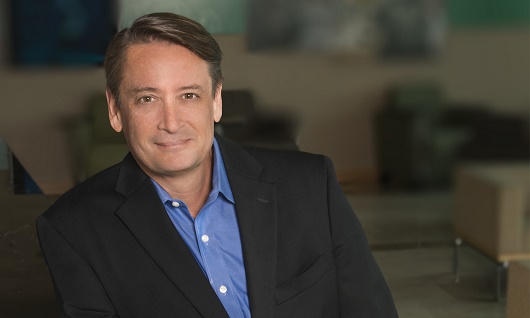Frank Sherman, Executive Director of Seventh Generation Interfaith
This month, EPA Administrator Scott Pruitt announced the Administration’s intent to repeal the Clean Power Plan. This was President Obama’s signature policy to curb greenhouse gases (GHG) emissions from electrical power plants, the cornerstone of the US plan per the Paris Climate Accord.
Shortly after the EPA announcement, the We Are Still In coalition announced that the US will be represented by a robust delegation at the upcoming 23rd Conference of the Parties (COP23), including a US Climate Action Centre and a US Delegation of Climate Leaders as an indication of support for the UN climate talks. The We Are Still In movement is a coalition comprised of approximately 2,500 mayors, governors, state attorneys, business leaders, investors and other prominent climate actors who declared that they will continue to support climate action to meet the Paris Agreement. The coalition represents $6.2 trillion of the US economy and more than 130 million Americans, i.e. approximately 40 percent of the US population.
This Clean Power Plan (CPP) was passed by the Obama EPA to meet the requirements of the Clean Air Act. Repeal of the CPP will be fought in the courts. In the meantime, the We Are Still In coalition believes the US can still meet the GHG reduction targets in spite of the repeal of the CPP. GHG emissions in the US are down over 11 percent since 2005, with the power sector down 24 percent. Over the same period, US GDP was up 12 percent, proving that economic growth and GHG emissions can indeed be decoupled. With natural gas prices depressed, declining renewable energy cost, aging coal plants, increased availability of electric vehicles, and growing public support for climate action (e.g. the Yale Climate Communication Center reports that over 60 percent of Trump voters support regulating GHG and over 70 percent support renewable energy), this trend will continue.
Christiana Figueres, former Executive Secretary of the United Nations Framework Convention on Climate Change, has declared:
Paris is everyone’s deal. It belongs to cities, businesses, nongovernmental organizations, and all of global civil society as much as it belongs to nation-states. So when President Trump attempted to destabilize the process by announcing his intent to withdraw, there was no domino effect of despair. Instead, he unleashed an inspirational counter-movement in support of the Paris Agreement, which is embodied so beautifully in the We Are Still In Campaign.









